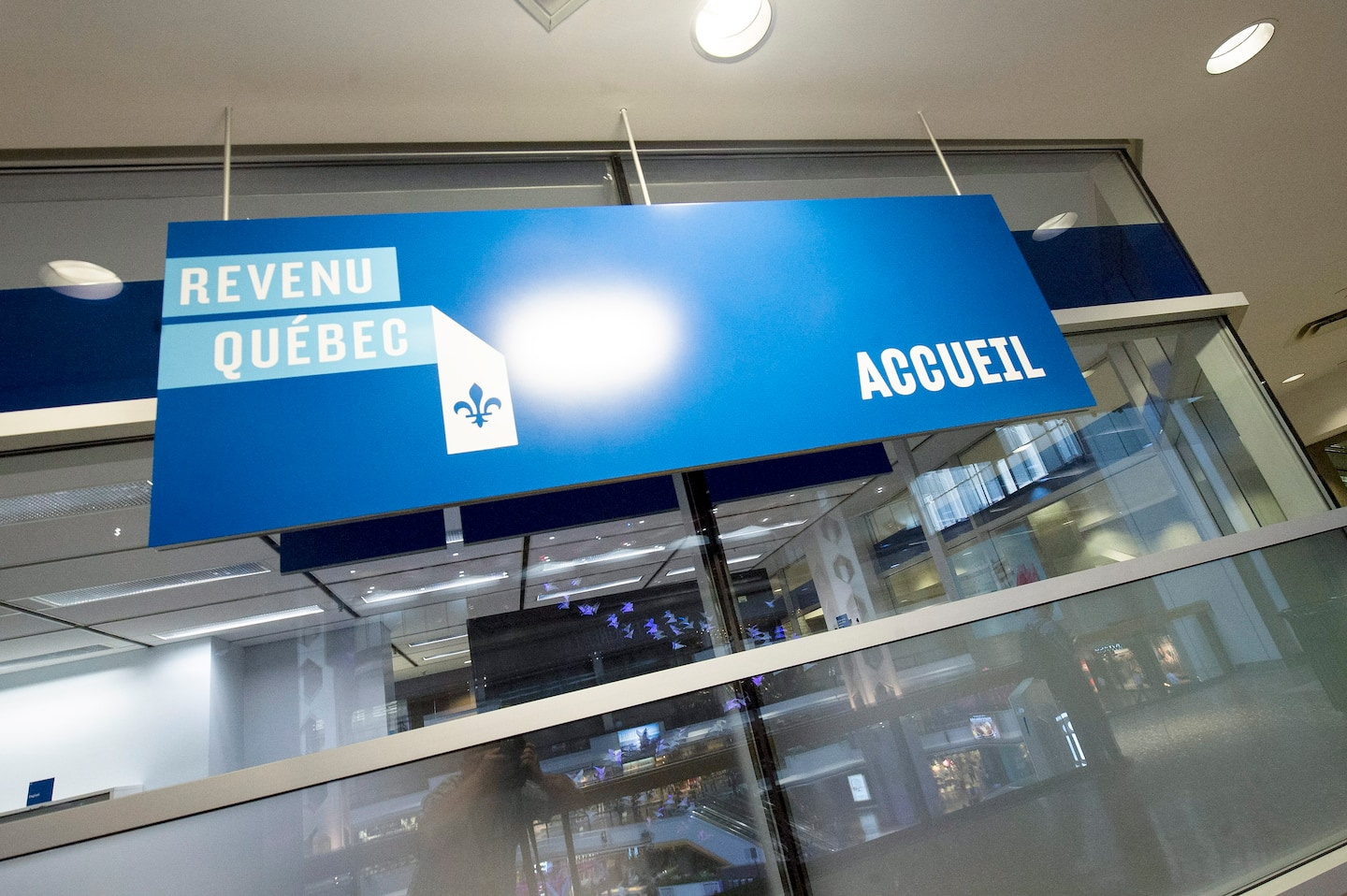The indexation of personal income tax systems, both federal and provincial, will allow us in 2023 to put some balm on the bleeding of our portfolios due to the sharp rise in the cost of living.
This means that all the tax credits to which you are usually entitled will be enhanced so as to bring you several hundred dollars more.
While the Quebec government indexes the provincial tax system at a rate of 6.44%, the Trudeau government indexes the federal tax system with a rate of 6.3%.
On the provincial tax side, Finance Minister Eric Girard calculates that the indexing of tax tables, deductions and tax credits will “bring in” to Quebec taxpayers approximately $2.15 billion.
At the federal level, indexation should represent a “tax relief” of around $2 billion.
Tax rebate
That said, the Legault and Trudeau governments may well index their respective tax systems, but that will not impoverish them.
When inflation gallops, as was the case in 2022, governments benefit greatly thanks to the increase in tax revenues brought in by wage increases, the increase in tax revenues generated by the sharp increase in the price of taxable goods, etc.
To tell the truth, Quebec and Ottawa are simply giving us part of the additional income that the surge in prices generated by inflation brings them.
This is equivalent to a “rebate” on this additional tax revenue attributable to the increase in the cost of living!
Regarding the indexation of the thresholds of the tax brackets, it goes without saying that it is the taxpayers with high incomes who will necessarily benefit the most.
The reason is very simple: they are the ones who pay the most tax, both federally and provincially.
At equal income relative to 2022, indexation should “benefit” in 2023 more than $1,000 for taxpayers earning more than $120,000 in taxable income.
Turning now to the deductions and tax credits offered by the two governments, it is low- and modest-income households that will benefit the most from the benefits of the indexation of the tax systems.
Here are the additional amounts that will be allocated in 2023 compared to this year, on your Quebec tax return.
Family allowance
Work premium
Solidarity tax credit
Refundable tax credit for childcare expenses
Age amount
Amount for a person living alone
Added to this are other additional amounts of deductions and credits: deduction for workers ($80); amount for other dependents ($295); medical expense tax credit (82); tax credit for caregivers ($84).
With regard to the federal government and the Canada Revenue Agency (CRA):
► All amounts relating to non-refundable tax credits have been increased by 6.3% for 2022. This will have the effect of increasing by the same amount the targeted credits relating to the basic personal amount, the spouse or common-law partner amount, age amount, Canada employment amount, caregiver amount, etc.
► The medical expense tax credit increases by $156 while the GST credit increases by $19 per adult (plus $10 per child and plus $10 for single).
► As for the Canada child benefit, it increases per child under 6 by $440, or $7,437. For children between the ages of 6 and 17, the allowance will be $6,275, up from $372.
► The annual TFSA contribution limit increases to $6,500 in 2023, or $500 more than currently.
► As for the threshold from which reimbursement of old age security begins, it increases from $5,151 to $86,012.













